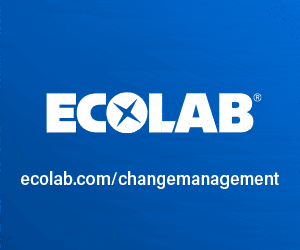SGS, a Switzerland-headquartered provider of bio/pharma analytical and bioanalytical contract solutions, has invested in a new Genotypic DNA sequencing MicroSeq rapid microbial identification system from Applied Biosystems at its Chicago, IL facility in the US.
The molecular identification system is currently undergoing validation and is expected to be fully implemented in the third quarter this year, thus enabling the site to provide accurate, high speed microbiological testing for the identification of micro-organisms.
The FDA’s 2004 guidance, Sterile Drug Products Produced by Aseptic Processing – Current Good Manufacturing Practice, says genotypic methods have been demonstrated to be more accurate and precise than traditional biochemical and phenotypic methods, including fatty acid based analysis. With the installation and validation of the new system, SGS clients will be able to minimise transit delays by consolidating their testing requirements through a single laboratory, rapidly obtaining identification of bacterial and fungal isolates, and facilitating a rapid response to the investigation of contamination.
'The accurate and speedy identification of bacteria and fungi using a built in library will assist our clients with investigations related to sterility contamination, media fill study failures, product bioburden testing, raw material testing and environmental monitoring excursions,' said Mark Rogers, Vice President for Life Sciences, SGS USA.
He added: 'We will be able to build custom libraries for our clients so that they can identify and track specific micro-organisms quickly and efficiently.'
The Chicago investment follows recent microbiological testing expansions at SGS’s facility at Villeneuve La Garenne, France, which provides services to address the growing biopharmaceutical pipeline with capabilities for mycoplasma tests and amino acid analysis, and in Shanghai, China, where a highly active compound laboratory, designed to test products such as antibodies and hormones, is located.




